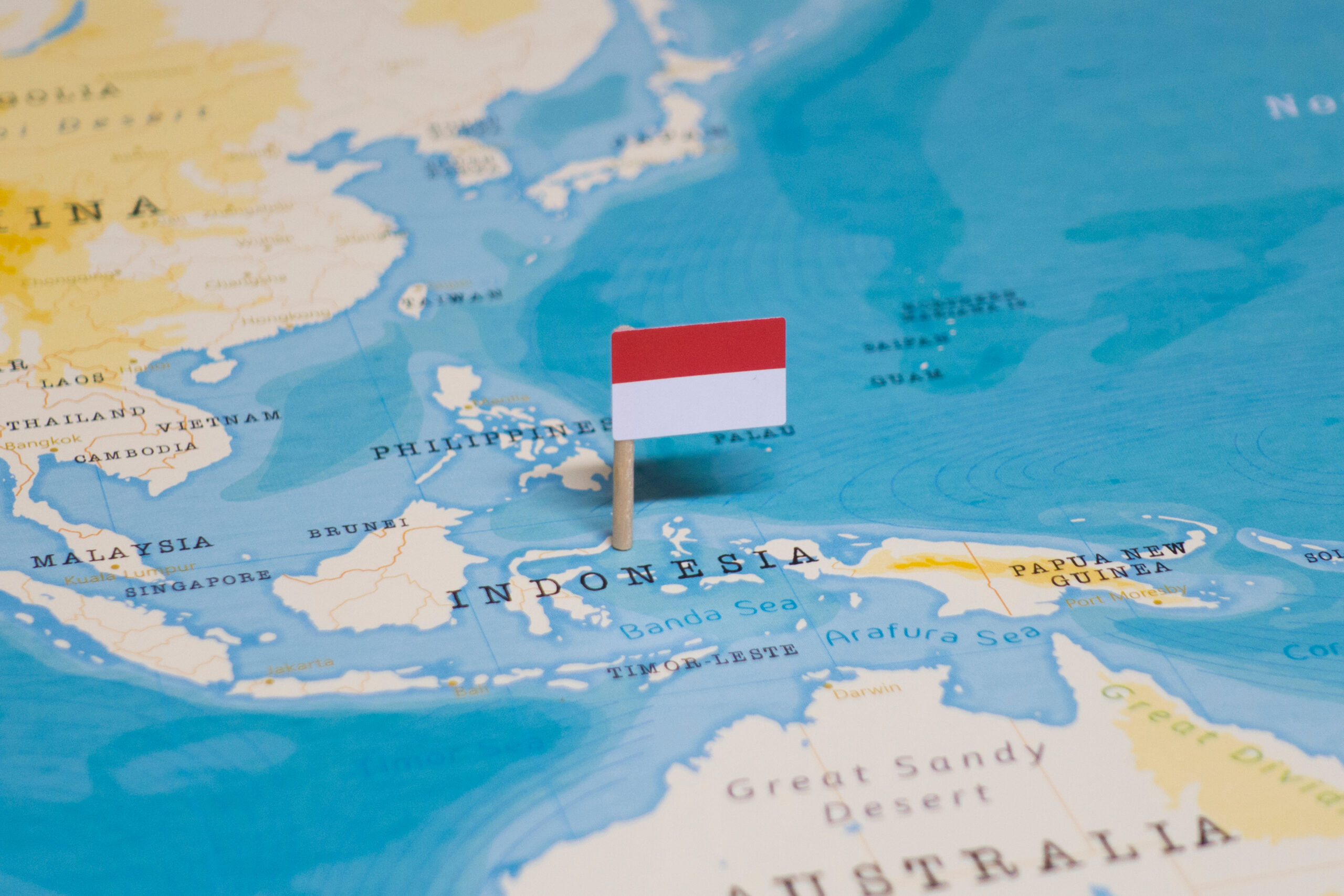
Indonesia in Focus
Indonesia was among the 41 States that signed the UN Convention against Torture (UNCAT) within the first year of its adoption by the UN General Assembly in December 1984. On 28 October 1998, Indonesia became the third Southeast Asian States party to the Convention1 and has taken a leading role in promoting the universal ratification of UNCAT in the region and beyond, including by being one of the Core States founding CTI in 2014. At the CTI Regional Seminar for the Asia-Pacific held in Bali in November 2019, former Deputy Minister for Multilateral Cooperation, H.E. Febrian A. Ruddyard noted:
It took Indonesia 13 years to go from signing to ratifying the UNCAT. Indonesia therefore understands the challenges that stand in between.
On the importance of the steps to be taken after the ratification of UNCAT, he further stated:
Indonesia also understands that the ratification of UNCAT and its universalization is not the end game. The full implementation of the Convention is the next challenge that all States parties must face head-on in order to eradicate torture and other ill-treatment once and for all.
Building an anti-torture legal framework to prevent torture and ill-treatment
The right of every person to be free from torture or inhuman and degrading treatment as a human right that cannot be limited under any circumstances is enshrined in Indonesia’s 1945 Constitution. Since ratifying UNCAT, Indonesia has taken legislative reforms to strengthen the implementation of the absolute prohibition of torture and other ill-treatment by incorporating the provision in domestic legislation2 and several regulations by the Chief of the Indonesian National Police have been issued that specifically prohibit the police from using torture in the conduct of their duties, emphasizing this right is non-derogable under any circumstances.
Towards human rights compliant policing – implementing non-coercive investigative interviewing
Indonesia is at the forefront of countries that are implementing non-coercive, rapport-building investigative interviewing methods as opposed to coercion-oriented interrogations.
Indonesia has actively promoted the use of investigative interviewing, referred to as ‘wawancara investigatif’, including by hosting regional seminars on this particular tool for the prevention of torture and has supported the development of the CTI Training Tool 1/2017: Investigative Interviewing for Criminal Cases, which is now used for training in different regions of the world.
The Indonesian National Police has cooperated with different international actors to hold training on investigative interviewing for criminal investigators, military intelligence, and police officers from regional police forces since 2013. Since 2016, investigative interviewing is included as part of the continuous training programme for criminal investigation detectives.
Multi-stakeholder institutional collaboration to prevent torture and other ill-treatment
Indonesia has built solid cross-sectoral collaborations that allowed institutions to gain trust amongst different stakeholders, which serves as an example of how various State Institutions can efficiently work together towards a common goal of preventing torture and other ill-treatment.
An example of such institutionalized multi-stakeholder collaboration is the joint initiative for cooperation in preventing torture and other ill-treatment in the penitentiary system and other places of deprivation of liberty that was launched in 2016 by the Ministry of Law and Human Rights of Indonesia together with Komnas HAM (the NHRI of Indonesia), Komnas Perempuan (Indonesia’s Commission on Violence against Women), KPAI (The Indonesian Child Protection Commission), LPSK (Indonesia’s Victim and Witnesses Protection Agency) and Indonesia’s Ombudsman. Besides monitoring places of detention, together with the police, the four institutions also provide training for police officers.
In 2004, the Indonesian National Police together with the Australian Federal Police created the Jakarta Center for Law Enforcement Cooperation (JCLEC) which also strives to further professionalize law enforcement, including through capacity building on investigative interviewing for Indonesian law enforcement officials.
Promoting regional universality in Asia
More than half of the Southeast Asian States have already ratified UNCAT and Indonesia continues to engage with remaining non-States-parties in the region including through CTI as well as through its important role as a founding member of the Association of Southeast Asian Nations (ASEAN) and its robust relationship with the other ASEAN Member States. Based on Indonesia’s experience in ratifying and implementing UNCAT, Minister for Foreign Affairs of the Republic of Indonesia H.E. Retno L.P. Marsudi, states that:
We are aware that ratification comes with challenges for full implementation. This is where international cooperation comes to the fore, to assist countries in carrying the Convention into action through training and capacity building of its national institutions and legal officers. In this context, Indonesia sees the importance of peer-to-peer learning, a core principle of CTI as a ‘States for States’ initiative. This is particularly important because there is no ‘one-size-fits-all’ formula for the implementation of the Convention.
CTI support for States
For States interested in how the CTI can support their efforts towards ratification and/or implementation of UNCAT, please contact info@cti2024.org. Other country experiences are available here.

